|
Today is the Fourth Sunday of Epiphany, the season of the Church’s year in which Jesus’ identity is being revealed to the people around him. Last week on the Third Sunday of Epiphany, Jesus was revealed to the guests at the wedding in Cana. Today Jesus is revealed to the people in the synagogue in Capernaum through a major act of healing. In the synagogue at Capernaum an unclean spirit is driven out of a man. Instantly the unclean spirit recognises Jesus as the Holy One of God. The people who witnessed this healing were amazed at what they saw. They asked one another, saying ‘What is this? A new teaching – with authority! He commands even the unclean spirits, and they obey him.’ This is the first of four major acts of healing with which Mark opens his Gospel. Throughout these healings Mark is concerned to show how Jesus brings both health and wholeness to those whose lives are fragmented. For those of you who wanted to do some thinking and preparation for today’s service during the preceding week, I invited you to focus on the image of jigsaw puzzle. In so doing we made the link between fitting the pieces together and the creation of health and wholeness. In today’s picture Tedi Ffrindiau, one of Teddy Horsley’s friends from Wales, is helping Dean Sue to find the pieces of her jigsaw puzzle. Next Sunday, Liverpool Cathedral is celebrating the Feast of Candlemas, or the Presentation of the infant Christ in the Temple. It was there in the Temple that the elderly Simeon spoke of Jesus as a light bringing God’s salvation to the Gentiles as well as to the Jewish people. The image to help us prepare for that reading is lights. You can find out more about that theme here https://www.prayerforliverpool.org/prayer-resources.html. We would really appreciate you letting us know how you are using these materials. Please send us your ideas and photos of the things you may create; email them to Nelson.Pike@liverpoolcathedral.org.uk. We warmly invite you to join us in worship today here: Tedi Ffrindiau and Teddy Horsley send their Sunday greetings to all. Canon Leslie
0 Comments
Photo by Snowscat on Unsplash
For well over twenty years, since I met and married my wife, I’ve measured our years together celebrating the major Jewish festivals from Pesach in the spring to Hanukkah in the Winter - with the High Holydays in between. Every year I fast on Yom Kippur (The Day of Atonement) and many times we’ve decorated the sukkos at Sukkot (a festival akin to the Christian Harvest Festival). My wife and two children are Jewish and the kids were educated up to the end of primary school in Jewish schools. I remember as if it was yesterday, when my first child delivered most of the service during her bat mitzvah in synagogue, in Hebrew. I love the rich traditions and the warmth of the close community which we’ve been a part of for many years. I’m also acutely aware of some of the challenges. Not least when, periodically the primary school the kids went to received anti-semitic threats and had to have security daily to protect the children. The very fact that this is necessary in the UK in the 21st Century is sobering. Another marker in our year, in the calendar, has been Holocaust Memorial Day. This year the focus is: “Be the light in the darkness.” This feels like a particularly apt theme. Not because the people of the world are going through difficult times at the moment – although that certainly adds to the power of the message. It is also particularly pertinent because, from what I’ve read of the theme, it is about being a beacon of goodness and kindness. This isn’t always easy as we know. These are adversarial times, where hate and division seem to be on the rise. I recognise that Holocaust Memorial Day, whilst, for me evokes the murder of Jewish people between 1941 and 1945, it is also about the Khmer Rouge’s murder of millions of Cambodians, the violence which resulted in approximately one million people dying in Rwanda in 1994 and the civil wars in Bosnia in the mid-nineties and Darfur in the early 2000s. All of these horrific incidents in our recent past are referenced on the Holocaust Memorial Day Trust’s website (www.hmd.org.uk) which I urge everyone to visit. I’m particularly conscious not to portray the Holocaust as merely a metaphor for evil and to heed Karen Pollock’s advice in the Jewish Chronicle recently when said: “While we want every young person to know about the Holocaust, it is important that they do not see every other event through that prism.” The Holocaust, whilst it does resonate with many is often used widely as a synonym for evil, rather than real event (often referred to by Jewish people as “Shoah”). We shouldn’t forget that these were real events in our recent history. It feels worth re-stating that the Holocaust is still very real and visceral for many people – not as a metaphor for environmental disaster or the pandemic – but as an event where millions of people were killed. My wife’s maternal grandparents both escaped the Nazis. Her grandmother Eve was put on a train from Austria in the 1930s as a teenager, finding her way via London eventually to Glasgow, where my wife was born. Her grandfather escaped out of former Czechoslovakia, also arriving in London where the two met. When my wife and I visited Yad Vashem in Jerusalem some years ago we found the name of her great grandfather Leo Adler (her grandmother’s father) in the records as having been killed in the concentration camps. That day the reality of the Holocaust was brought home to me as I watched my wife read the time and location of his death. Marking any brutal event in our history is often fraught with difficulty. No doubt, we can all think of plenty of examples when it has been done well and when it hasn’t. This brings to mind Richard J Evans recent piece in the New Statesman on the proposed new London Holocaust monument which gives a pretty good precis of all the things that can and do go wrong when various groups weigh in. Getting the appropriate tone for any commentator in the public realm is extremely difficult - something I thought long and hard about with this blog. That said, it is perfectly normal and acceptable for us all to try and contextualise things which move us and for us to try and find ways to educate ourselves. Holocaust Memorial Day can be an opportunity for us all – regardless of our particular faith or lack of faith - to think about humanity and decency and about being the best person we can be. By looking at the worst things that human beings can do to one another, it can and should strengthen our efforts within ourselves to be better. To think about the murder of innocent people and choose love and tolerance over hate and division; to look at what unites us rather what than divides us and to look at putting ourselves in the shoes of others. I leave the last word to the Holocaust Memorial Day Trust: “Increasing levels of denial, division and misinformation in today’s world mean we must remain vigilant against hatred and identity-based hostility. Rapid technological developments, a turbulent political climate, and world events beyond our control can leave us feeling helpless and insignificant. The utterly unprecedented times through which we are living currently are showing the very best of which humanity is capable but also - in some of the abuse and conspiracy theories being spread on social media - the much darker side of our world as well. We can all stand in solidarity.” Holocaust Memorial Day takes place across the world on 27th January and marks the anniversary of the liberation of Auschwitz-Birkenau, the largest Nazi death camp. Mr Paul Smith While you're here: Why not prepare for next Sunday's worship? Our preparation sheet for adults and for children can be accessed by clicking on the Resources tab of this website: https://www.prayerforliverpool.org/prayer-resources.html. One of the features of the pandemic has been the heightened awareness of its negative effects on mental wellbeing. The effects are felt by almost everyone, from those working on the NHS and numerous other front lines across our community, to Environment Agency staff and volunteers called into action last week, and those working, or struggling, at home. It affects young and old, those living alone and those living with others. I am not on that front line, but I work for an organisation delivering frontline healthcare across Liverpool. I still have work, I am not alone, but have recognised in myself heightened anxiety particularly as I get thrice weekly a full run down of numbers in hospitals, capacity in our city’s ICU beds, sickness rates in the various NHS organisations, and outbreaks in care homes. It is easy to become focussed on the apparently continual tide of bad news and to neglect to make time to search for, and to sit and rest with, our sources of hope, support and encouragement. Last week, two particular things prompted me to do just that, to set aside time to think particularly about my source of strength and hope as a Christian. The first was preparing the reflective part of a course we are running in the parish on loss and grief. The suggested reflection was based on well-known words from Chapter 5 of the Revelations of Divine Love by Julian of Norwich. ‘And in this he showed me a little thing, the quantity of a hazelnut, lying in the palm of my hand, it seemed, and it was as round as any ball. I looked thereupon with the eye of my understanding, and I thought, 'What may this be?' And it was answered generally thus: 'It is all that is made.' I wondered how it could last, for I thought it might suddenly fall to nothing for little cause. And I was answered in my understanding: 'It lasts and ever shall, for God loves it; and so everything has its beginning by the love of God.' In this little thing I saw three properties; the first is that God made it; the second is that God loves it; and the third is that God keeps it.’ I was given a hazelnut in Worcester Cathedral when I was in my early teens as I left after a morning service in which the preacher, I have no recollection of who it was, spoke about these words. I have kept that hazelnut to this day. The image and act of holding the nut spoke to me not just of my littleness, but also of the all-encompassing love and security of being in the hands of God. The second was the inauguration of Joe Biden and the poem ‘The Hill we Climb’ written and performed by the Youth Poet Laureate Amanda Gorman. It is a call to action, a call to a vision of unity, justice, equality and inclusivity, a call to rebuild, reconcile and recover which is every bit as relevant to us as we see the beginning of the end of the pandemic as it is to the United States as it looks to move on from the turbulence of recent weeks. It is food for the journey and I will be reading and re-reading it over the coming weeks. ‘For there is always light if only we’re brave enough to see it, If only we’re brave enough to be it.’ Canon Maggie While you're here: Why not prepare for next Sunday's worship? Our preparation sheet for adults and for children can be accessed by clicking on the Resources tab of this website: https://www.prayerforliverpool.org/prayer-resources.html. We warmly invite you to join us for Choral Evensong from Liverpool Metropolitan Cathedral and Liverpool Anglican Cathedral in celebration of the Week of Prayer for Christian Unity, sung by the choirs of both Cathedrals. The preacher is Canon Leslie Francis, Canon Theologian of Liverpool Anglican Cathedral. The service is available from 3:00 pm on Sunday, 23 January 2021. Dean Sue Today is the Third Sunday of Epiphany, the season of the Church’s year in which Jesus’ identity is being revealed to the people around him. On the Feast of the Epiphany Jesus was revealed to the magi who travelled from the East. On the First Sunday of Epiphany Jesus was revealed through his baptism. On the Second Sunday of Epiphany Jesus was revealed to Philip and to Nathanael. Today Jesus is revealed to the guests at the wedding in Cana. When the wine runs out, Jesus replenishes the supply. In verse 11 John explains why he starts with this story: it ‘is the first of the signs by which Jesus revealed his glory and led his disciples to believe in him’. It is no accident that the first sign takes place at a wedding feast. In Jewish thought the wedding feast is a way of speaking about God's Kingdom, when the Messiah will preside at the banquet. For those of you who wanted to do some thinking and preparation for today’s service during the preceding week, I invited you to focus on the image of making wine. In so doing we made the link between the transformed wine at the wedding feast in Cana and the transforming wine in which we share at the Eucharistic feast. In today’s picture from Exploring the parish church, Bethan and Tomos are busy making wine for the communion service in their church, experiencing for themselves the fruit of the vine and the work of human hands. Next Sunday the Fourth Sunday of Epiphany, the Gospel reading is Mark’s narrative of Jesus’ first healing in the synagogue at Capernaum. The image to help us prepare for that reading is jigsaw puzzle. You can find out more about that theme here https://www.prayerforliverpool.org/prayer-resources.html. We would really appreciate you letting us know how you are using these materials. Please send us your ideas and photos of the things you may create; email them to Nelson.Pike@liverpoolcathedral.org.uk. To read Exploring the parish church in its entirety, follow this link to the story on the St. Mary’s Centre website: http://www.st-marys-centre.org.uk/resources/World%20Faiths%20Today%20series/Storybooks%20World%20Faiths%20Today/Parish%20Church%20story%20English.pdf. For more books in the World faiths today series, follow this link to the relevant page of the St. Mary’s Centre website: http://www.st-marys-centre.org.uk/resources/worldfaithstoday.html. We warmly invite you to join us in worship online here: Bethan and Tomos send their Sunday greetings to all. Canon Leslie If you’re like me, and you have been known to look far too ahead in the calendar every now and again, then perhaps you, also like me, have been somewhat troubled by the fast approaching season of Lent on 17 February. My first reaction when I realized that Lent was so close was, What? Lent is beginning? I thought it never ended! Lent is a time, according to the Book of Common Prayer 1979 of the Episcopal Church, USA (BCP 1979), for: “self-examination and repentance… prayer, fasting, and self-denial; and… reading and meditating on God’s holy word” (p. 264). By this definition, then, the changes to our world, our communities, and particularly our Churches are not synonymous with an extended Lenten observance—despite what I may have felt. Lent is an opportunity to observe a discipline (giving up chocolate, making time for prayer, donating to charity, etc.) for its own sake. Lent, rather, is a means to an end. Again, let me quote the BCP 1979: “The first Christians observed with great devotion the days of our Lord’s passion and resurrection, and it became the custom of the Church to prepare for them by a season of penitence and fasting. This season of Lent provided a time in which converts to the faith were prepared for Holy Baptism. It was also a time when those who, because of notorious sins, had been separated from the body of the faithful were reconciled by penitence and forgiveness, and restored to the fellowship of the Church. Thereby, the whole congregation was put in mind of the message of pardon and absolution set forth in the Gospel of our Savior, and of the need which all Christians have to renew their repentance and faith" (pp. 264-265). So Lent, then, is a time of preparation for the solemn and holy observances of Holy Week and Easter. It is a time of discernment for those wishing to enter the Church. It is a time for profound repentance for wrongs committed to others. And it is time of a reminder of our need as Christians continually to repent, and to hold fast to the faith. Lent is not, then, an extended period of not being able to meet together due to a highly contagious and deadly virus. Covid-19 is not a punishment for the sins of the world, or for the existence of religions other than Christianity. It is not a personal return from the Almighty for the sins of our own pasts. The austerity and profundity of denial associated with Lent may seem to have been extended beyond last Spring. But Lenten discipline is not suffering for its own sake, or suffering under the situation in which we all find ourselves. Lent is about the heart. About what taking a fearless moral inventory of where we are in relation to God and those around us. And is particularly set aside for correcting what may be in need of correction. Lent is a time for us, pandemic or not, to consider how we might better show the light of Christ in the world, which we have been contemplating in this season of Epiphany. Lent is for glad apologies and purposeful amendments. Now having said that, that doesn’t mean we haven’t suffered during the pandemic. We have. Some of us who are key workers are exhausted physically, mentally, and emotionally. Others who are shielding are facing isolation and loneliness for almost a year. And those who are in need in regular times find their need compounded by the inability to cover bills or find help. Lent’s invitation to us is a time to prepare ourselves to meet our Saviour at the cross. Who better to show us the broken reality of the world than our Lord and Saviour, who in his death on the cross not only gave us hope, but an honest testimony to the severity of the world whose power we are called to resist by keeping that hope alive. Christ gives us hope that the suffering of the present is not going to be the final word on our future. So. Lent 2021. What’s a Christian to do? We could start by considering ways in which we aren’t doing so well. Even at home, we can worship God, we can support our neighbours, we can contribute to good in the world, we can care for ourselves, and give all of that and more a trial run or rethink if need be. We can face the reality of the crucified and risen Saviour with more depth and seriousness if we have prepared for it deeply and seriously. We can more closely follow the pattern of our Saviour when we try to follow his example of shedding light in the darkness. So, as the BCP says, “I invite you, in the name of the Church, to the observance of a holy Lent…” (p. 265). Nelson Residential Tsedaqah Community Member While you're here: Why not prepare for next Sunday's worship? Our preparation sheet for adults and for children can be accessed by clicking on the Resources tab of this website: https://www.prayerforliverpool.org/prayer-resources.html. Over this past year, we’ve all become aware of the need to follow – to follow the government guidance and the latest rules sometimes different in different parts of the country; to follow a new life with more online connections and methods; to follow direction signs in shops and even our cathedral, which is where the ones in the picture above were taken just before we closed. Signs to help keep our social distance and limit the spread of the virus and the risk to us. None of this is easy – for ourselves, nor, let’s be honest, for those making the decisions and being mindful of the repercussions. The current closure of our cathedral was an extremely difficult decision to take, but a right one – in doing our part and being Christian; in loving neighbour and wanting to protect all of us as much as possible. And to once more continue reach out as best we can, or with new online ways, to all whom we love within our congregations and visitors. But as disciples, following is something we are each familiar with, something we each wish to do; even if sometimes it’s hard or indeed sometimes we simply don’t achieve it. Jesus calls….we follow. Trust. That incidentally, was the title of my first sermon at Westcott House in Cambridge where I trained for the church, what seems like an age ago now, in 2010. The readings often used at this time of year remind us of the calling of the first disciples and invariably remind me of that sermon, and my own calling. At the time, my fellow Ordinands thought I was nuts, because I volunteered to preach to the whole house, in my first term….when I had never done so before, ever. My logic was – well if it goes completely wrong, then I’d have two years to try to put it right. As it happened it didn’t – and then, as at times now, my trust in Jesus should’ve been stronger. But it wasn’t just logic which prompted me to volunteer; I was still utterly amazed, as I still am even now, that God called me from a very secure and prominent role in the NHS, to serve people in a new way. I volunteered partly because I wanted to share just part of that wonderful journey of mine. How amazing, and scary, it all felt; how I felt compelled to resign from my job before actually knowing I’d be chosen for training. That Jesus had in fact been calling all my life in lots of different ways, and still is – which is why I still am active in my scientific and medical life; that finally the call had become so strong I simply had to turn around and say, “what Lord, what is it?” And when you do that, everything changes….then and now. That Jesus called and I followed. Trust. In John 1:35-51, the evangelist recounts the calling of the first disciples – from their everyday lives, to something new and exciting; to Good News. We hear how the familiar names of Andrew, Simon Peter, Philip and Nathaniel are drawn out of their lives – feel compelled to turn around and ask what is it? Jesus often asks what they are looking for; or simply asks them to follow….and they do, usually instantly. Jesus invites them to Come and See. That invitation, often I imagine presented with pure love in human form, that gentle smile, those loving eyes, would bring instant trust. Sometimes it isn’t so instant, and a little more invitation is needed – like in the case of Nathaniel. He voices quite often the questions which go through my own mind, our own minds, when we don’t trust enough – really, are you sure? But when we do trust and we do follow, what we encounter is the loving teacher, the Son of God, the King of Israel. For Jesus then, as now, is the one in whom we can put our ultimate trust, the one we can follow without worrying about it. In these times, Jesus is the one we can trust in, that we might hold onto….even just touch a thread of his garments. The one in whom we can put our ultimate. Often we doubt, often I doubt; we ask ourselves, is this right, what do I do next, are you calling me to really do this? But Jesus keeps inviting us to trust, to hold his hand, hold onto him, even if right now we cant do that with each other. He invites us to come and see God at work even now, through the hands we hold electronically or within our prayers and calls; come and see the love of neighbour at work through what we do to protect each other, to support each other, to sustain each other. To open our eyes to see the God given gifts which have been used by scientists, healthcare workers, by all there serving us and our most vulnerable….that will bring us through this current crisis. To listen out now for the familiar names who are being protected, being vaccinated, within our own communities. To see that we will be back together, seeing God at work in our cathedral; back to seeing and hearing our choir in person; back to singing and praising God with our own voices; back to inviting others to come, see, encounter a God through all the events and concerts which we hold. Then, as now, Jesus calls – calls us to follow and be seen as following in caring for each other with all we can muster at this time. For we know that to follow Jesus is something we can do with complete trust….to follow him, we get the ultimate direction….to follow him is salvation and healing in all its forms. Jesus calls – we follow. Trust. With my love and prayers for you all; God bless you and go gently. Canon Mike 😊 While you're here: Why not prepare for next Sunday's worship? Our preparation sheet for adults and for children can be accessed by clicking on the Resources tab of this website: https://www.prayerforliverpool.org/prayer-resources.html. Today is the Second Sunday of Epiphany. The Gospel reading is from John’s account of the beginning of Jesus’ ministry. On the previous day Andrew had followed Jesus and told his brother Simon. Today Philip follows Jesus and tells Nathanael. When Andrew followed Jesus he said, ‘We have found the Messiah.’ When Nathanael followed Jesus he said, ‘You are the Son of God.’ To both men the true identity of Jesus has been revealed. As Messiah and as Son of God Jesus becomes the way of communication between God and men and women. Jesus is like a ladder between heaven and earth along which the angels (God’s messengers) travel. For those of you who wanted to do some thinking and preparation for today’s service during the preceding week, I invited you to reflect on the image of ladders and to envisage Jesus as a ladder between heaven and earth along which the angels (God’s messengers) travel. In today’s picture from his book Christmas time with Teddy Horsley, Teddy Horsley and Betsy Bear talk with the angel. Next Sunday, the Third Sunday of Epiphany, turns attention to the way in which Jesus was revealed to the wedding guests at Cana when the jars filled with water produced rich wine. The image to help us prepare for next Sunday is making wine. You can find out more about that theme here https://www.prayerforliverpool.org/prayer-resources.html. We would really appreciate you letting us know how you are using these materials. Please send us your ideas and photos of the things you may create; email them to Nelson.Pike@liverpoolcathedral.org.uk. To read Christmastime with Teddy Horsley, follow this link to the relevant page of his website: https://teddyhorsley.org/other-stories/christmas-time-with-teddy-horsley. You can also find out more about him and other stories on his page of the St. Mary’s Centre website: http://www.st-marys-centre.org.uk/resources/TeddyHorsley.html. We warmly invite you to join us in worship online here: Teddy Horsley sends his Epiphanytide greetings to all. Canon Leslie Photo by Suzy Brooks on Unsplash This week has seen the first anniversary of the first Covid 19 death in Wuhan. Looking back who would have imagined the devastation that Covid 19 would have created across our world. So much pain and hurt has been seen in this past year through Covid as people mourn the death of loved ones and as people come to terms with long term illness as a result of Covid. All of us have suffered in one way or another over the past year. What has been challenging for all of us is the lack of freedom that we have experienced as our world has got smaller. Loss of freedom for many has been hard. When we look back over this Covid year we realise through the Black Lives Matter campaign that many people do not have freedom because of the colour of their skin. Next Monday in the United States is Martin Luther King Day. It is a holiday and the day celebrates the civil rights leader’s life and legacy. Martin Luther King Day is a tribute to King for his non-violent protest for social justice and civil rights for black people. Throughout our world people are oppressed and lack freedom. Many live under unjust regimes, many live on less than five dollars a day, many are persecuted because of their race and religion. Remembering Martin Luther King gives us the hope of a better world: a world of peace, a world of justice, a world of respect for all, a world of non-violent protest. So as we wait in lockdown for our freedom to return, it is worth pausing and taking time out to remember those for whom freedom may never come, and to give thanks for all who work for freedom and justice. Dean Sue While you're here: Why not prepare for next Sunday's worship? Our preparation sheet for adults and for children can be accessed by clicking on the Resources tab of this website: https://www.prayerforliverpool.org/prayer-resources.html. One of the Micah principles is to love kindness (in some translations of the Micah 6.8 verse this is mercy). Kindness has become even more crucial to our all of lives during the last 12 months - Indeed kindness has become the glue that has held community together, kindness has given us opportunities to reach out and kindness has enabled us to become close to people even when we can’t hug or hold hands. Covid may have separated us physically but kindness has brought us together to speak out for those who cannot speak and defend the rights of those who are in particular need. During the winter The Cathedral social justice charity Micah https://micahliverpool.com/ has worked with another charity called Together Liverpool https://togetherliverpool.org.uk/ (this is a diocese wide charity that shares similar principles and has begun a project called the Network of Kindness). For both Micah and Together Liverpool Kindness is not just about being nice – kindness is about how we engage in social action in ways that are ethical, generous, compassionate and caring. One of the ways Micah and Together Liverpool are sharing kindness is through the Winter Boost project that has been funded through Feeding Liverpool http://www.feedingliverpool.org/ . This project enables various foodbanks to recieve a supply of fresh fruit and vegetables throughout the winter. We have also been able to purchase a van – we have named the van Terri the Transit. Terri is a shared resource for Together Liverpool and Micah and other charities to use to ensure fresh food is collected, shared and delivered across the city. If you see Terri the white transit van parked in the cathedral carpark or driving around the city delivering fruit and veg (we are awaiting logos for the van so you’ll soon be able to spot it more easily) please do take this as an opportunity to pray for the work of Micah and Together Liverpool. If you’d like to support either of these charities please do get in touch with me: ellen.loudon@liverpool.anglican.org. I pray that 2021 will be a year filled with kindness. Canon Ellen While you're here: Why not prepare for next Sunday's worship? Our preparation sheet for adults and for children can be accessed by clicking on the Resources tab of this website: https://www.prayerforliverpool.org/prayer-resources.html. |
supporting you during these uncertain times AuthorLiverpool Cathedral is a place of encounter. Built by the people, for the people, to the Glory of God Archives
September 2022
|
|
Prayer for Liverpool
brought to you from Liverpool Cathedral St James Mount Liverpool L1 7AZ |
Liverpool Cathedral is a place of encounter.
Built by the people, for the people, to the Glory of God www.liverpoolcathedral.org.uk |
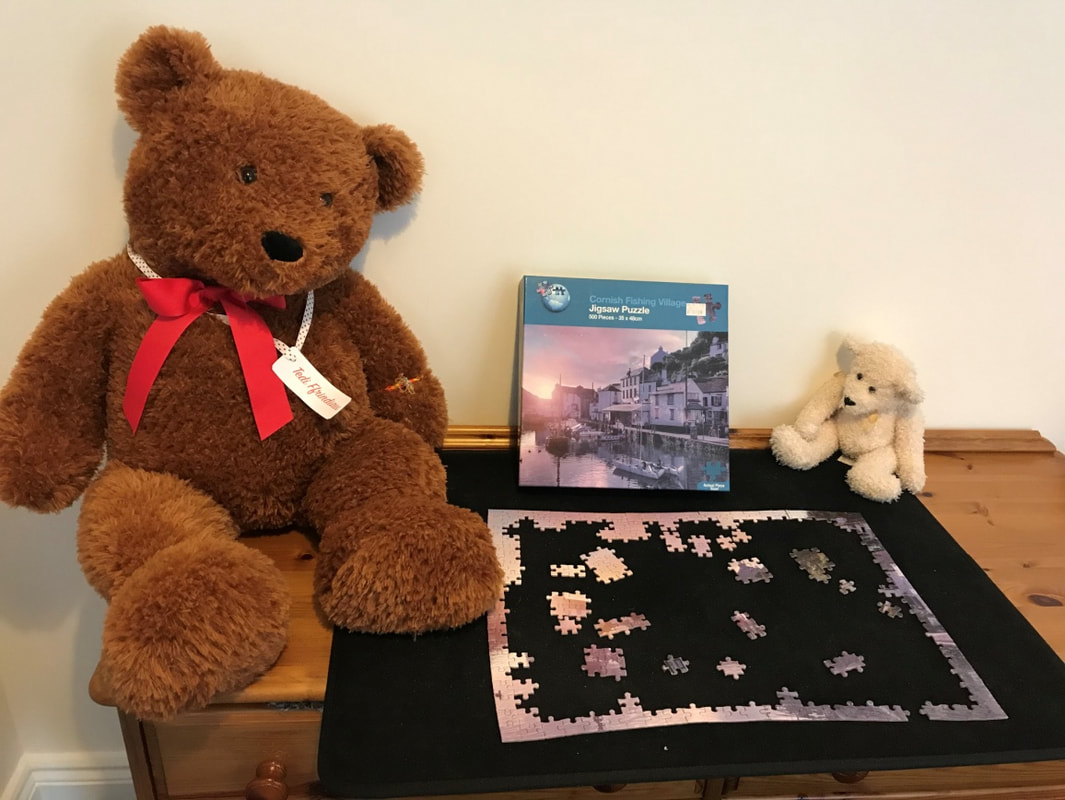
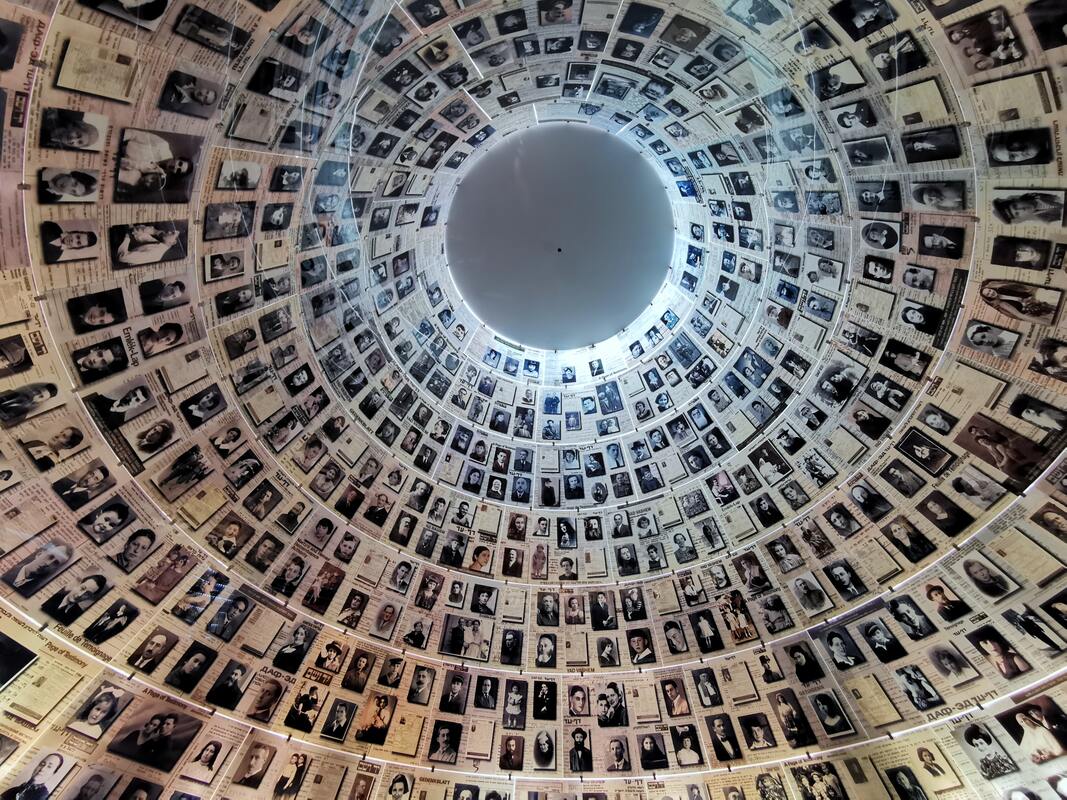
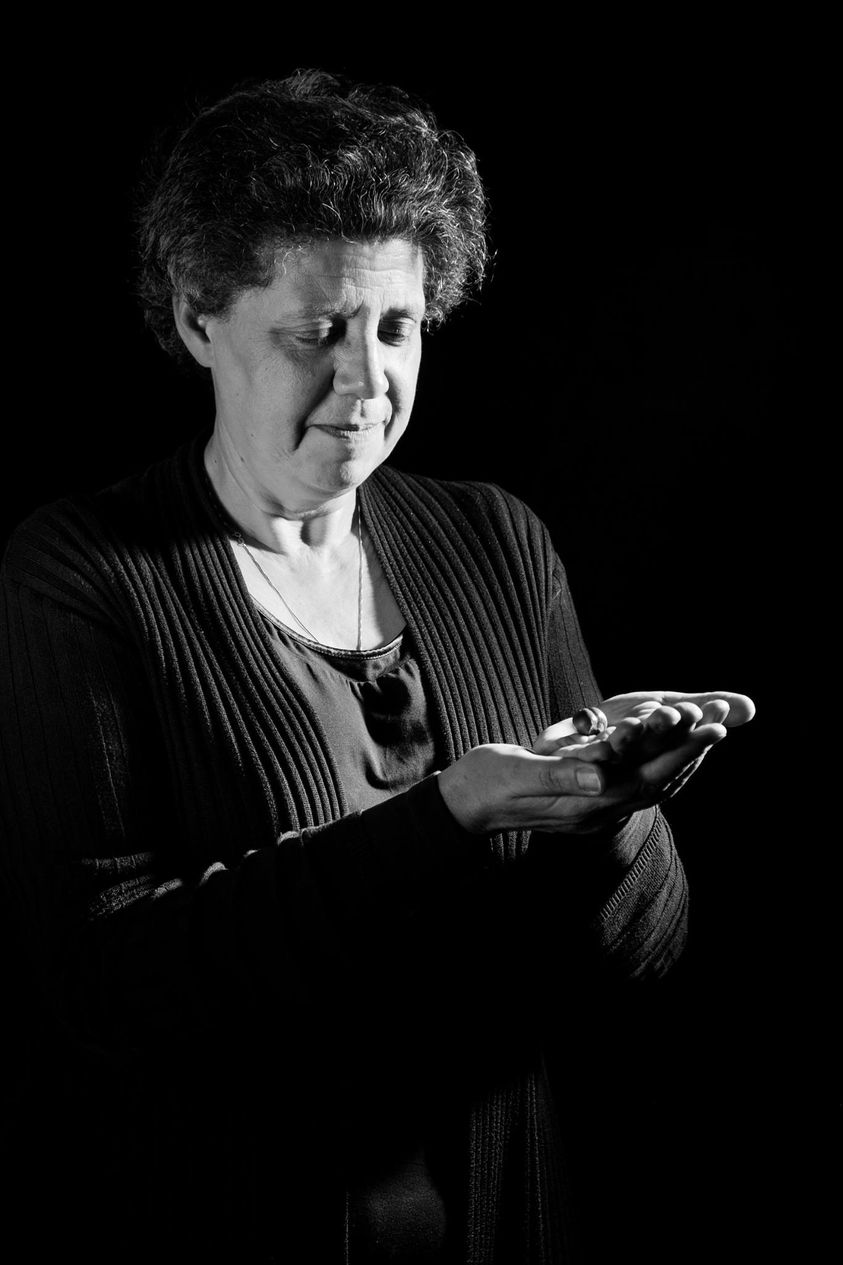
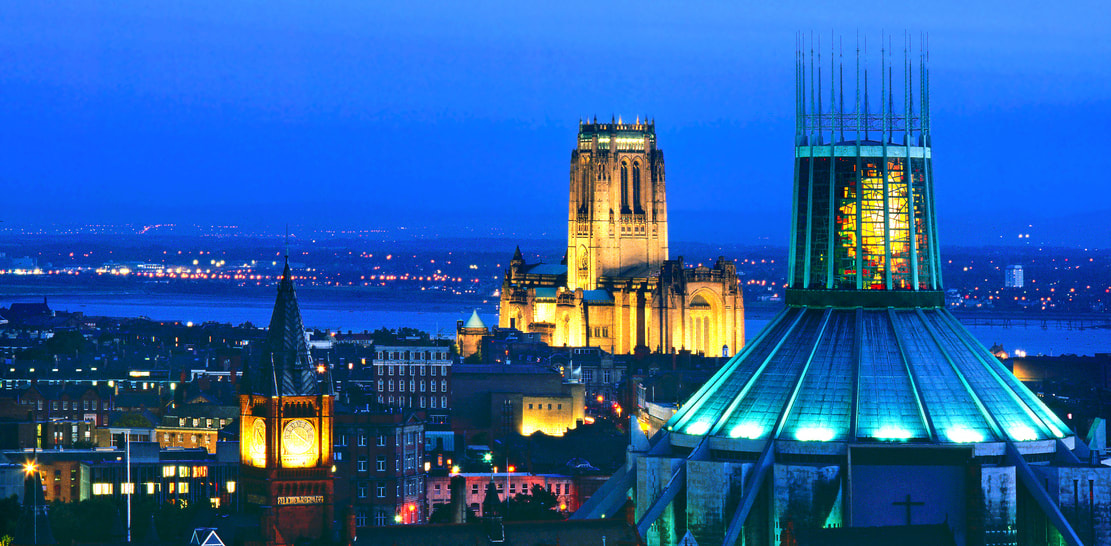
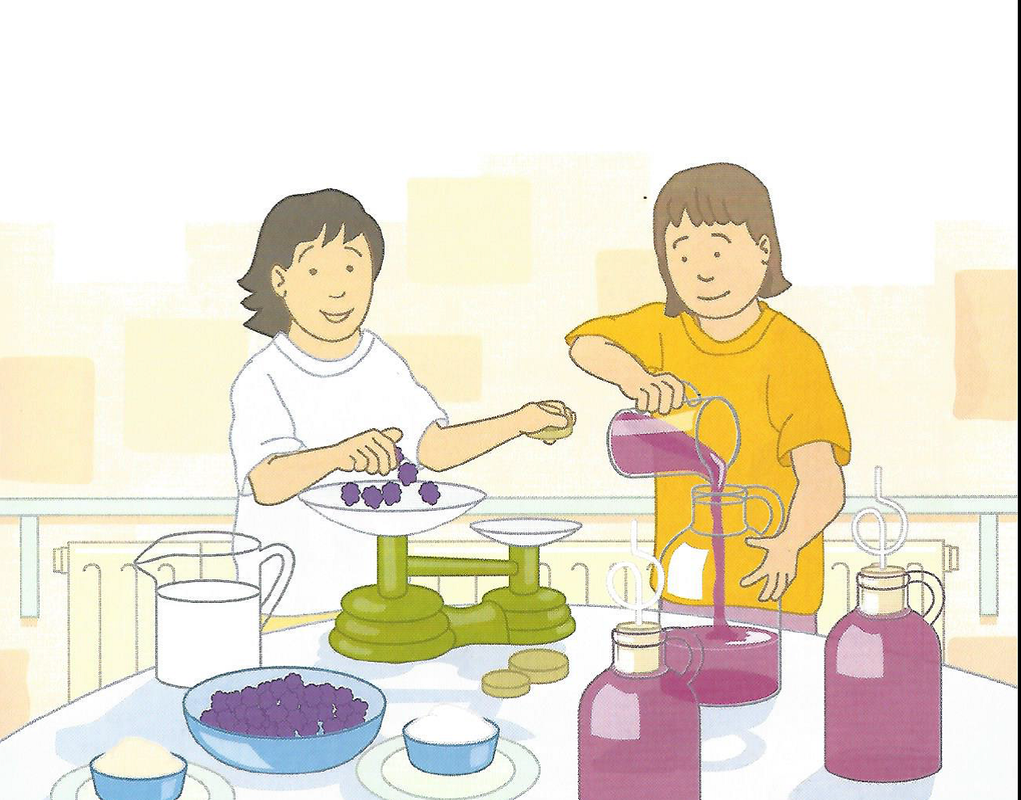
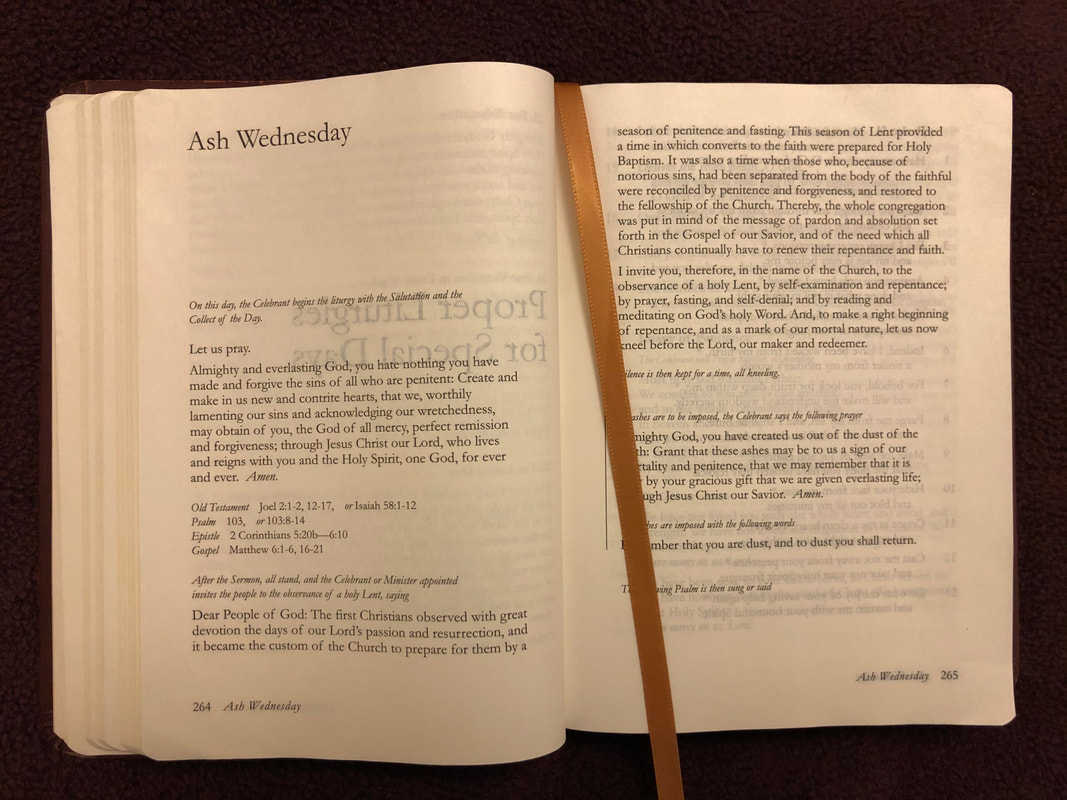
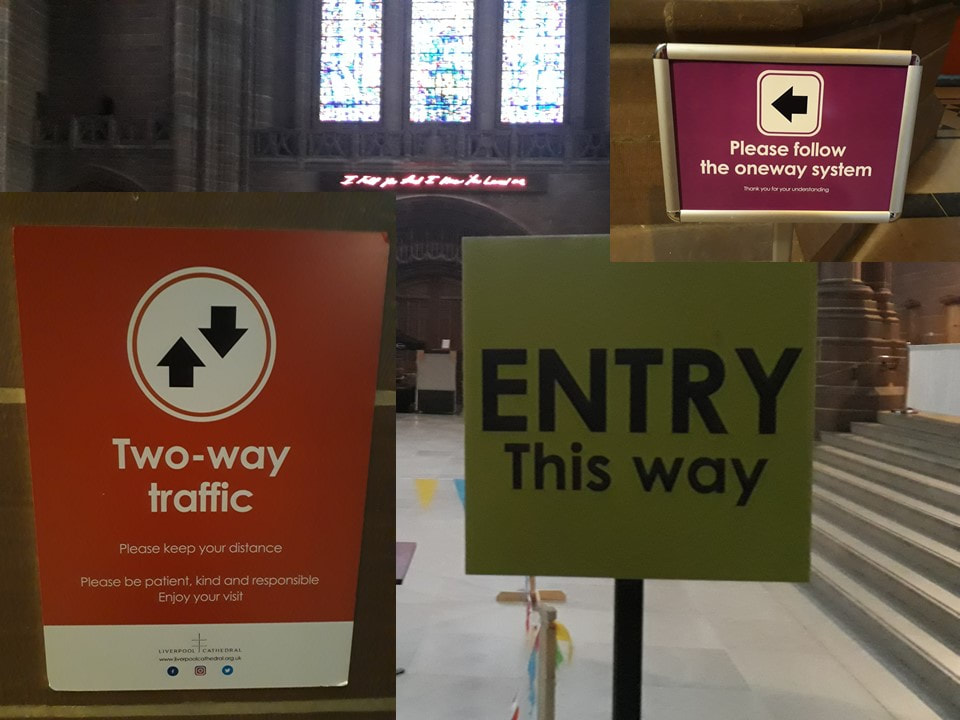
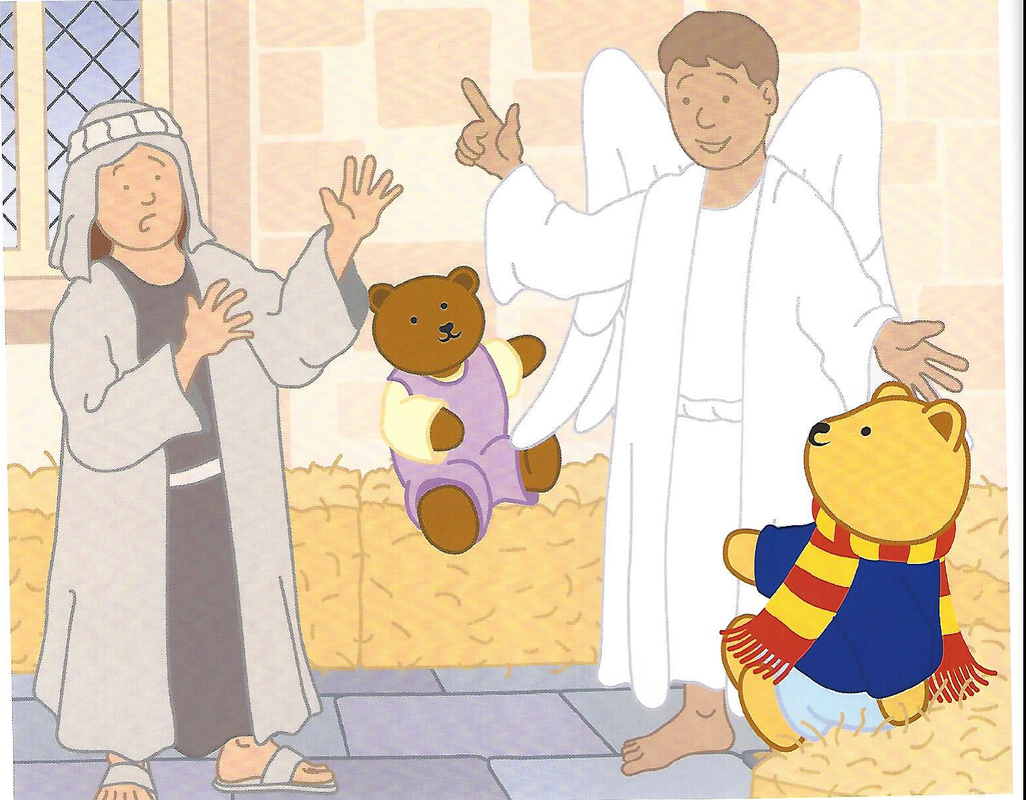
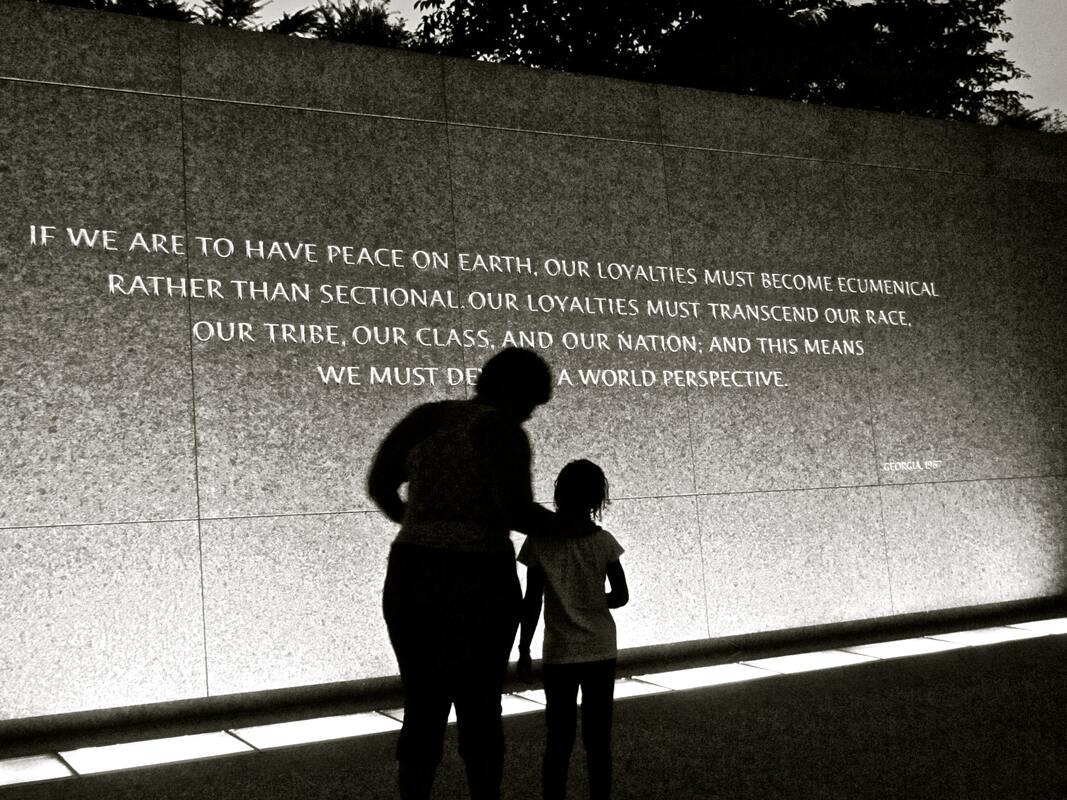
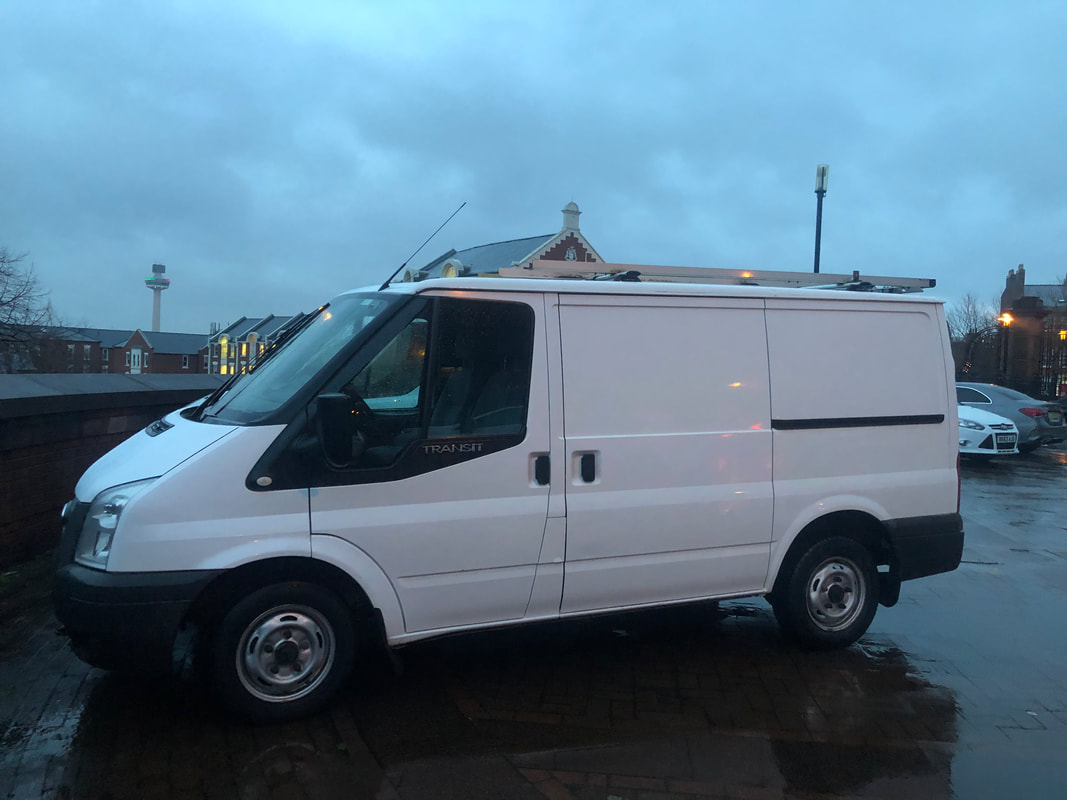
 RSS Feed
RSS Feed
